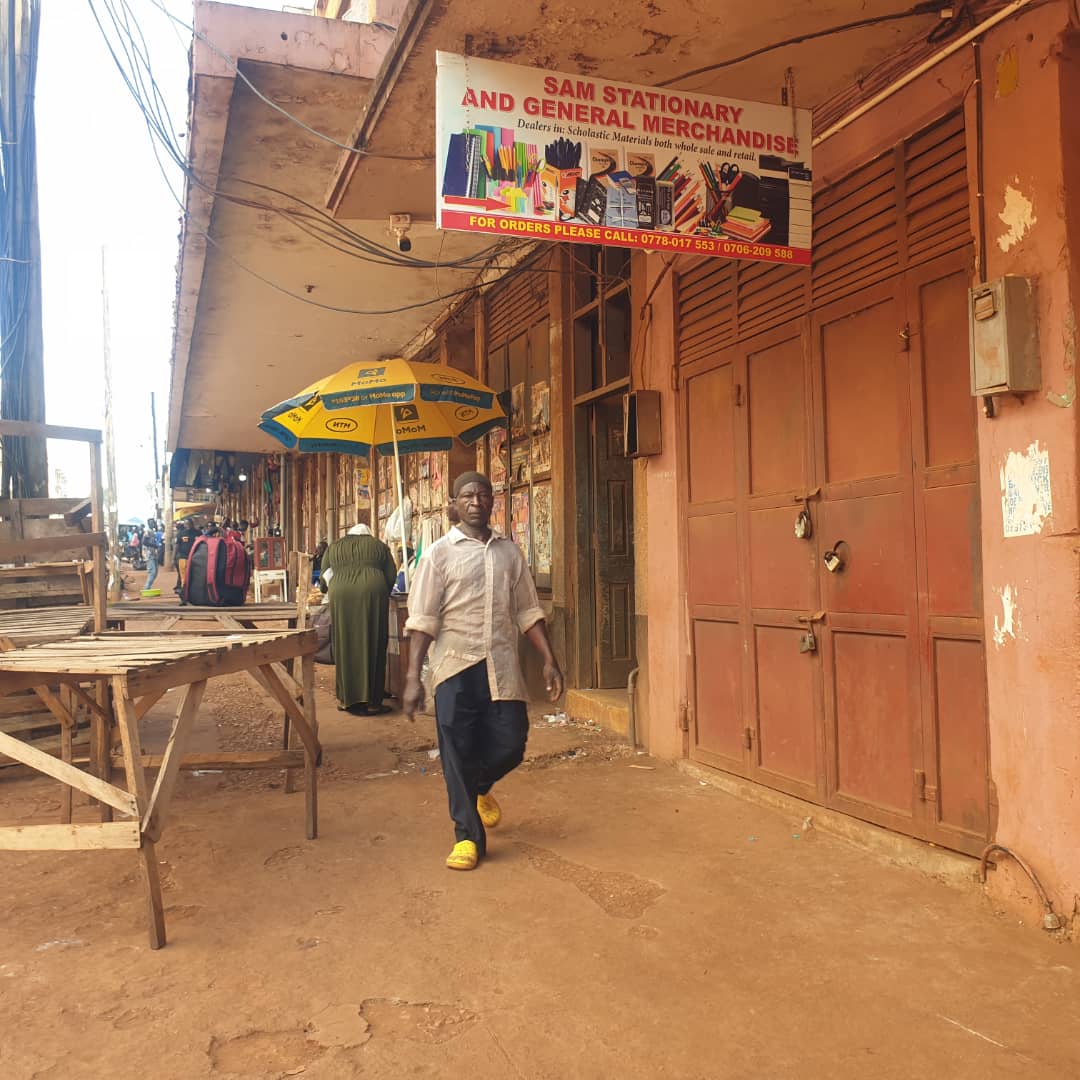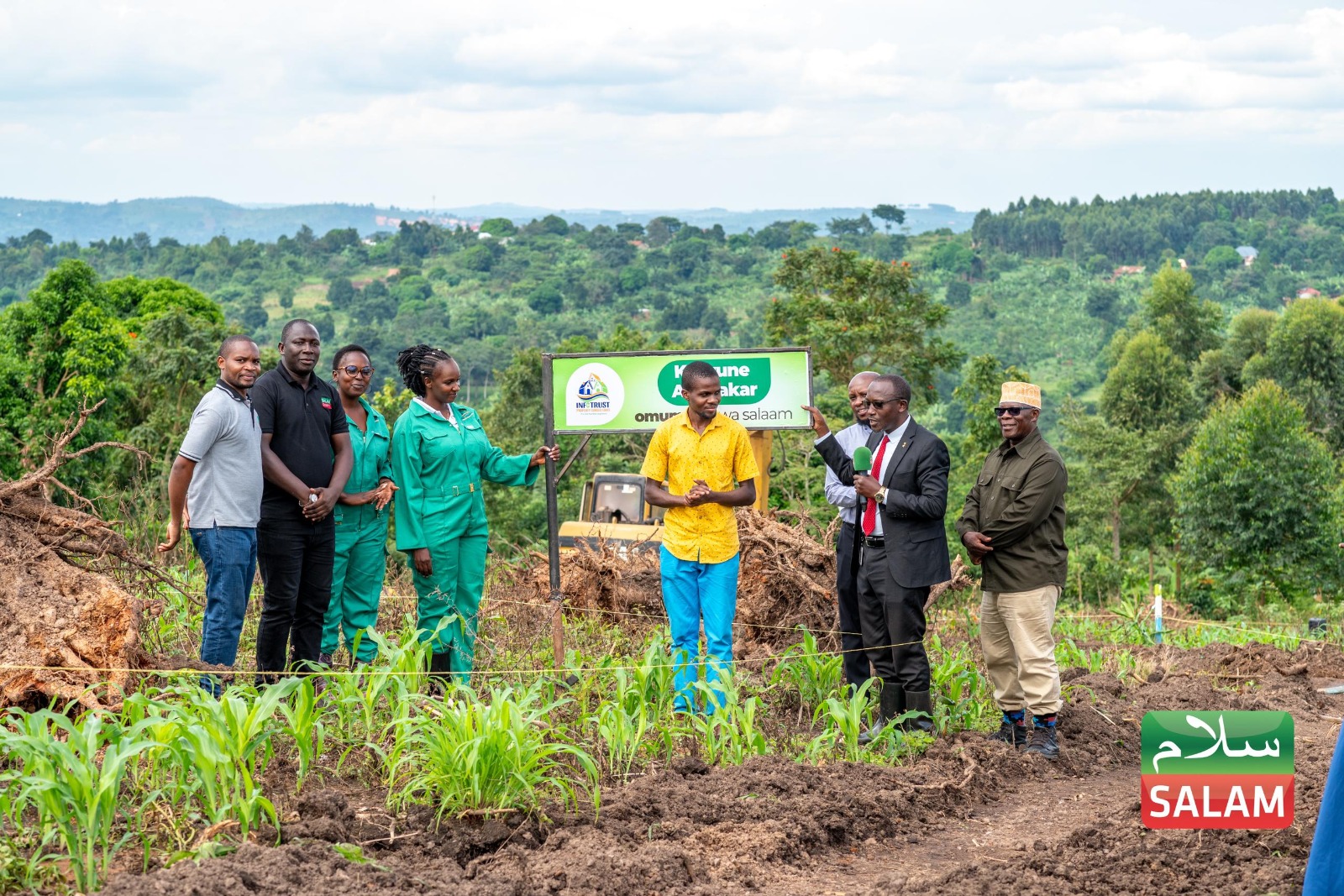Informal Economy thrives as vendors provide essential goods and services on Kampala streets

In the bustling streets and bustling markets of Kampala, street vendors form the backbone of the city's informal economy, providing essential goods and services to residents and visitors alike. From fresh produce and street food to clothing, electronics, and household items, these enterprising entrepreneurs play a vital role in meeting the diverse needs of Kampala's vibrant population.
Walking through the bustling streets of downtown Kampala, it's impossible to miss the colourful array of stalls and makeshift shops lining the sidewalks.
Keep Reading
Here, street vendors hawk their wares with infectious energy and enthusiasm, their voices blending into a cacophony of sounds that fills the air.
For many vendors, street vending is not just a means of making a living; it's a way of life.
With limited access to formal employment opportunities, street vending offers a viable alternative for those seeking to support themselves and their families.
However, the path to success is not without its challenges. Street vendors in Kampala face a myriad of obstacles, including harassment from KKCA enforcement officers, competition from informal vendors, and limited access to credit and financial services. They also grapple with the unpredictability of weather conditions, fluctuating demand, and rising operating costs.
Despite these challenges, street vending continues to thrive in Kampala, buoyed by the resilience and resourcefulness of its practitioners. Many vendors have formed informal networks and associations to support one another, pooling resources and sharing information to navigate the complexities of operating in the informal economy.
In recent years, efforts have been made to formalize and regulate street vending in Kampala, with mixed results. While some vendors welcome the opportunity to operate in designated spaces and access support services, others remain wary of the implications of formalization, fearing increased competition and the loss of their entrepreneurial autonomy.
As Kampala continues to grow and evolve, street vending will remain an integral part of the city's cultural and economic fabric, providing livelihoods for thousands of enterprising individuals and serving as a vital link between producers and consumers. The resilience and ingenuity of Kampala's street vendors embody the spirit of entrepreneurship and innovation that defines the city's dynamic urban landscape.
















